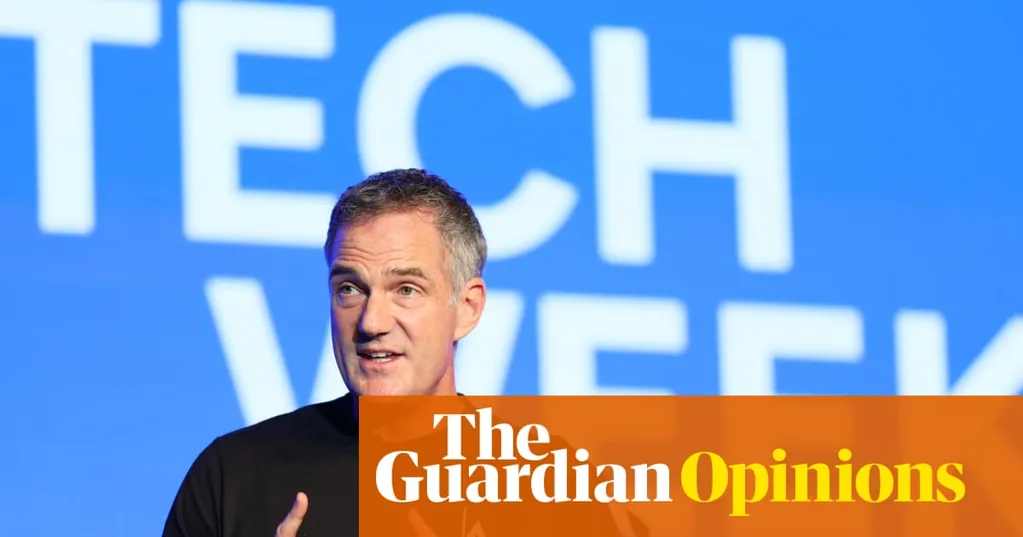The UK's plans seem to outsource sovereignty for phantom efficiency. Public services provide the data and power while US tech giants reap the rewards.
There was a time when Britain aspired to be a leader in technology. These days, it seems content to be a willing supplicant - handing over its data, infrastructure and public services to US tech giants in exchange for the promise of a few percentage points of efficiency gains. Worryingly, the artificial intelligence strategy of Sir Keir Starmer's government appears long on rhetoric, short on sovereignty and built on techno-utopian assumptions. Last week Peter Kyle, the technology secretary, was promoting the use of AI-generated discharge letters in the NHS. The tech, he said, will process complex conversations between doctors and patients, slashing paperwork and streamlining services. Ministers say that by applying AI across the public sector, the government can save £45bn.
But step back and a more familiar pattern emerges. As Cecilia Rikap, a researcher at University College London, told the Politics Theory Other podcast, Britain risks becoming a satellite of the US tech industry - a nation whose public infrastructure serves primarily as a testing ground and data source for American AI models hosted on US-owned cloud computing networks. She warned that the UK should not become a site of "extractivism", in which value - whether in the form of knowledge, labour or electricity - is supplied by Britain but monetised in the US.
It's not just that the UK lacks a domestic cloud ecosystem. It's that the government's strategy does nothing to build one. The concern is that public data, much of it drawn from the NHS and local authorities, will be shovelled into models built and trained abroad. The value captured from that data - whether in the form of model refinement or product development - will accrue not to the British public, but to US shareholders. Even the promise of job creation appears shaky. Datacentres, the physical backbone of AI, are capital-intensive, energy-hungry, and each one employs only about 50 people.
Meanwhile, Daron Acemoglu, the MIT economist and Nobel laureate, offers a still more sobering view: far from ushering in a golden age of labour augmentation, today's AI rollout is geared almost entirely toward labour displacement. Prof Acemoglu sees a fork: AI can empower workers - or replace them. Right now, it is doing the latter. Ministerial pledges of productivity gains may just mean fewer jobs - not better services.
The deeper problem is one of imagination. A government serious about digital sovereignty might build a public cloud, fund open-source AI models and create institutions capable of steering technological development toward social ends. Instead, we are offered efficiency-by-outsourcing - an AI strategy where Britain provides the inputs and America reaps the returns. In a 2024 paper, Prof Acemoglu challenged Goldman Sachs' 10-year forecast that AI would lead to global growth of 7% - about $7tn - and estimated instead under $1tn in gains. Much of this would be captured by US big tech.
There's nothing wrong with harnessing new technologies. But their deployment must not be structured in a way that entrenches dependency and hollows out public capacity. The Online Safety Act shows digital sovereignty can enforce national rules on global platforms, notably on porn sites. But current turmoil at the Alan Turing Institute suggests a deeper truth: the UK government is dazzled by American AI and has no clear plan of its own. Britain risks becoming not a tech pioneer, but a well-governed client state in someone else's digital empire.
